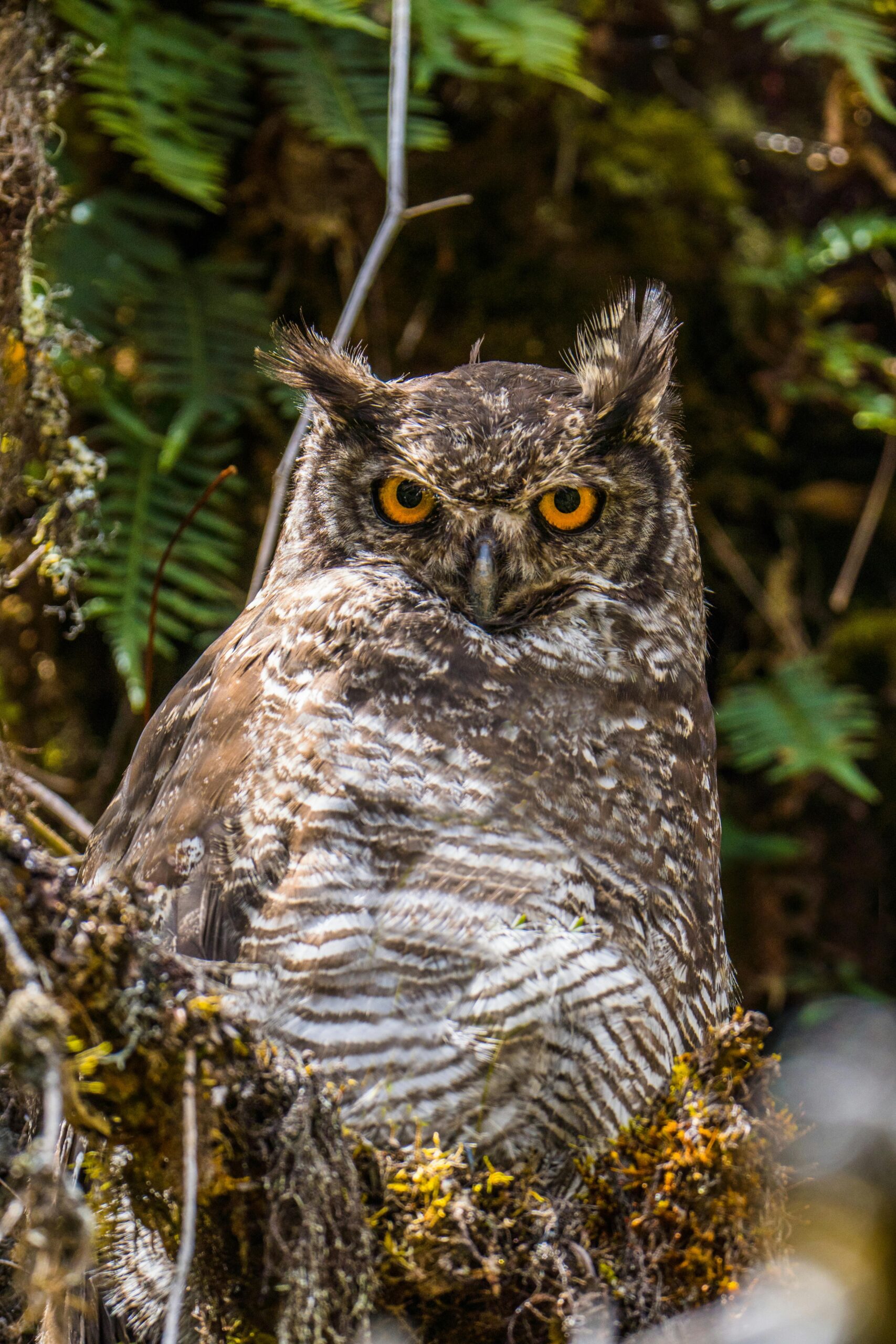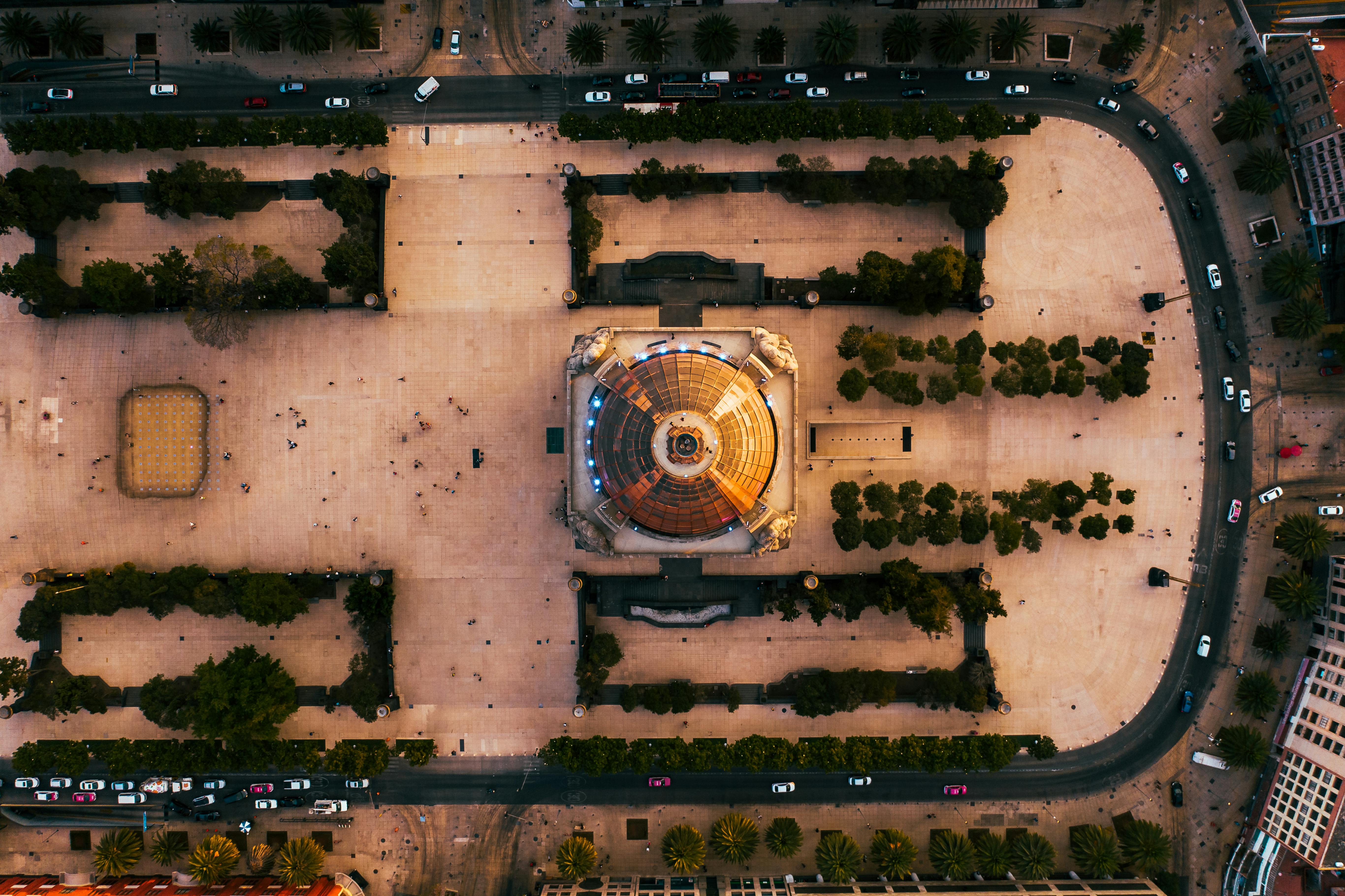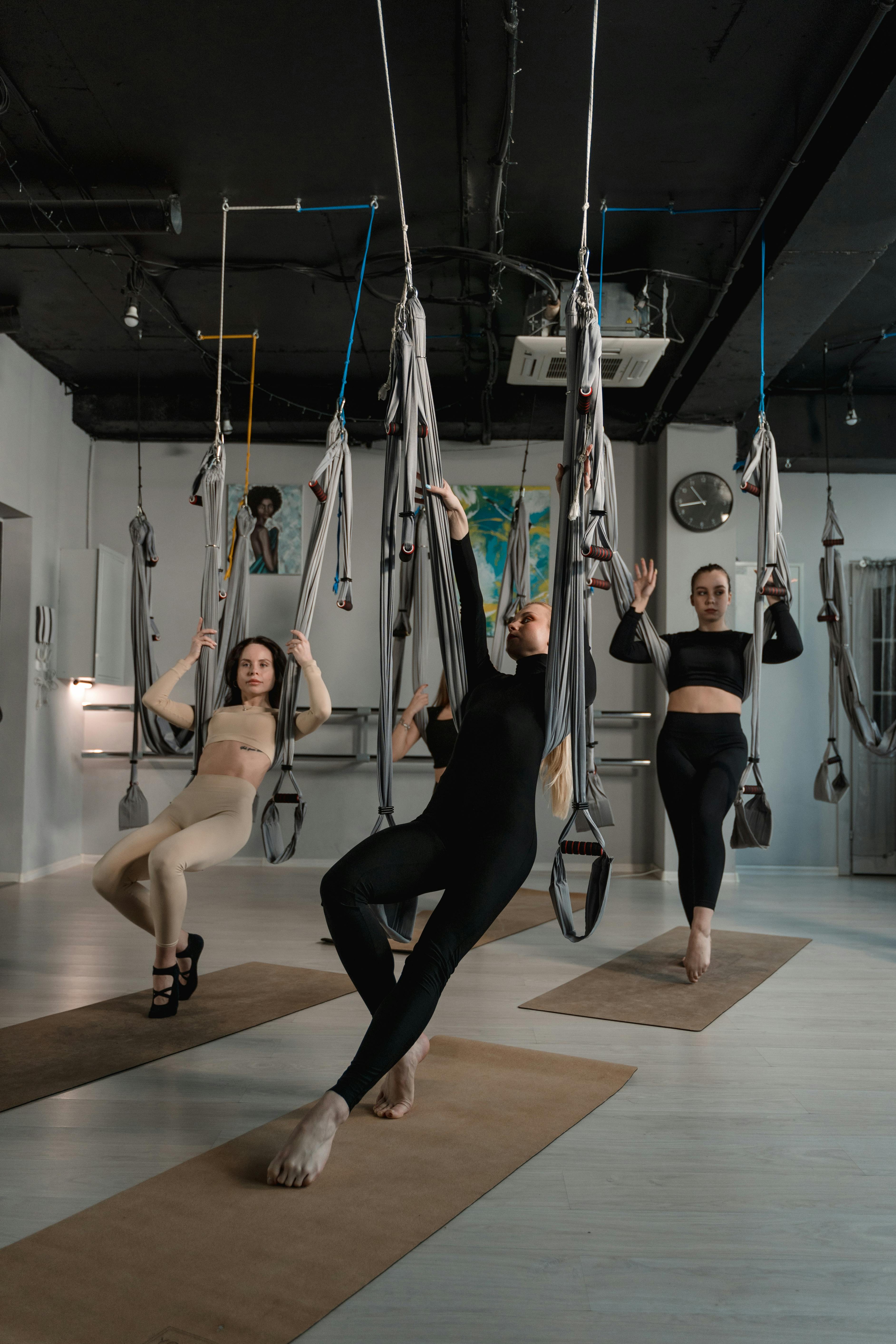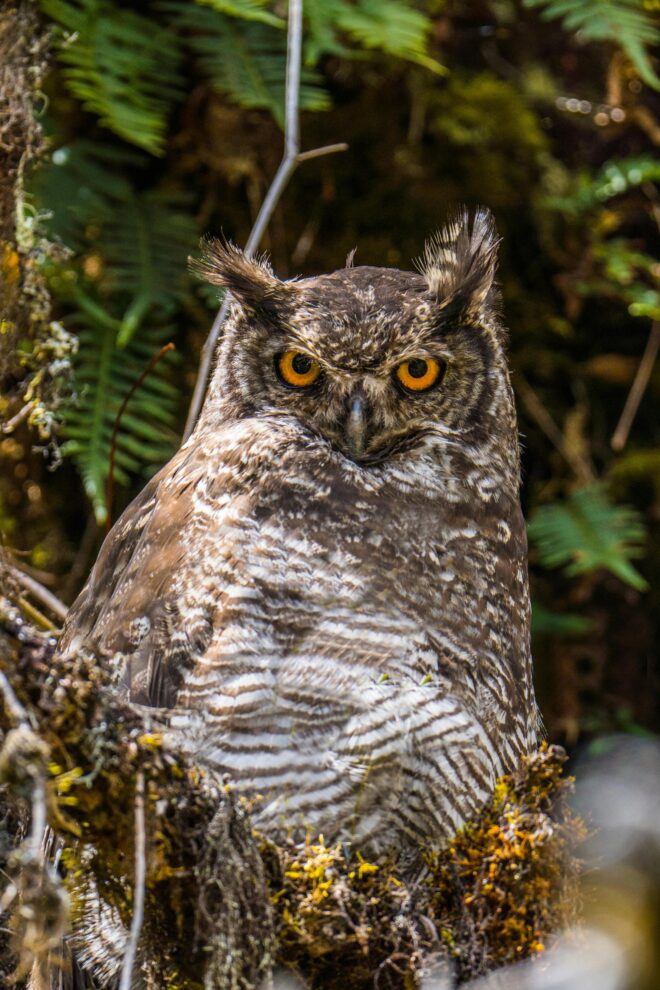Getting Started with Basic Drone Maneuvers
So you’ve recently acquired a drone and are ready to take it out for a spin. However, before you attempt any fancy maneuvers, it’s essential to master the basics. In this article, we’ll guide you on how to perform basic drone maneuvers like hovering and turning with ease.
Understanding Your Drone’s Controls
Before you even think about attempting any maneuvers, familiarize yourself with your drone’s controls. Most drones come with a remote controller, which consists of joysticks that are responsible for controlling the movement of the drone. Typically, the left joystick controls the throttle and yaw, while the right joystick controls pitch and roll.
Learning the Importance of Hovering
Hovering is one of the most fundamental maneuvers in flying a drone and is essential for maintaining control and stability. To hover a drone, you need to adjust the throttle and keep the drone at a consistent height without drifting. Practice hovering in an open space before moving on to more complex maneuvers.
Mastering Hovering
Now that you understand the basics of drone controls and the importance of hovering, let’s dive into the specifics of mastering this essential maneuver.
Controlling the Throttle
The throttle is what controls the altitude of your drone. To maintain a steady hover, you’ll need to adjust the throttle to keep the drone at the desired height. Be gentle with your movements to prevent sudden changes in altitude.
Adjusting Yaw to Stay in Place
Yaw is responsible for the rotation of the drone along its vertical axis. When hovering, you may need to adjust the yaw to keep the drone facing the same direction. This helps in maintaining stability and control over the drone.
Using Pitch and Roll for Corrections
Pitch and roll control the forward/backward and left/right movements of the drone, respectively. During hovering, you may need to make slight adjustments using these controls to counter any drifting or unwanted movements. Practice making small corrections to keep the drone stable.

This image is property of images.pexels.com.
Basic Turning Maneuvers
Once you’ve mastered hovering, it’s time to move on to basic turning maneuvers. Turning involves adjusting the yaw of the drone to change its direction without losing stability.
Initiating a Turn
To initiate a turn, gently move the yaw control stick either to the left or right. Make sure to apply gradual pressure to prevent the drone from tilting or drifting uncontrollably. Practice turning in both directions to become comfortable with the movement.
Adjusting Pitch and Roll During Turns
While turning, you may need to make slight adjustments to the pitch and roll controls to maintain stability. These adjustments help prevent the drone from tilting or losing altitude during the turn. Practice coordinating all the controls to execute smooth and controlled turns.
Practicing Different Turning Radii
Experiment with different turning radii to become comfortable with navigating tight spaces or executing wide turns. Adjust the yaw control accordingly to control the speed and direction of the turn. Practice in an open area to perfect your turning skills before trying more challenging maneuvers.
Troubleshooting Common Issues
As you continue to practice basic drone maneuvers like hovering and turning, you may encounter some common issues that can affect your flying experience. Here are a few troubleshooting tips to help you overcome these challenges.
Dealing with Drifting
If your drone is drifting during hovering or turns, check the calibration of your drone’s sensors. Calibrating your drone before every flight can help minimize drifting and ensure more accurate control. Make sure to follow the manufacturer’s guidelines for calibration.
Addressing Altitude Fluctuations
Inconsistent height during hovering can be caused by fluctuations in the throttle control. Practice maintaining a steady throttle input to keep the drone at a consistent altitude. Avoid sudden movements or jerky adjustments that can lead to altitude fluctuations.
Handling Uneven Turns
Uneven turns can occur if you’re not applying equal pressure on the yaw control or if there’s interference with the drone’s stabilization system. Practice making smooth and gradual turns while ensuring consistent pressure on the controls to maintain balance. Check for any obstacles or external factors that may be affecting the drone’s stability.

This image is property of images.pexels.com.
Taking Your Skills to the Next Level
Once you’ve mastered the basics of hovering and turning, you can start experimenting with more advanced maneuvers to enhance your flying skills. Consider exploring features like flying in FPV (First Person View) mode or executing aerial photography and videography to further elevate your drone piloting abilities.
Exploring FPV Flying
FPV flying allows you to experience the thrill of flying a drone from a first-person perspective using a specialized headset. This immersive experience lets you navigate through obstacles and perform maneuvers with precision. Practice flying in FPV mode in an open area to get accustomed to the unique perspective.
Capturing Aerial Footage
Drones equipped with cameras provide an excellent opportunity to capture stunning aerial footage and photos. Experiment with different camera settings and angles to create visually appealing shots. Practice flying smoothly and steadily to capture professional-quality footage.
Conclusion
Mastering basic drone maneuvers like hovering and turning is essential for becoming a skilled drone pilot. By understanding your drone’s controls, practicing the fundamentals, and troubleshooting common issues, you can enhance your flying skills and progress to more advanced maneuvers. Remember to practice regularly and stay updated on drone regulations to ensure safe and enjoyable flying experiences. Happy flying!

This image is property of images.pexels.com.

